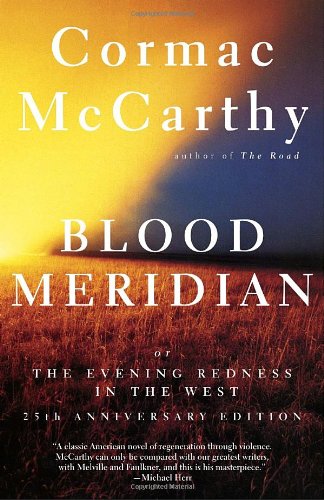The Vorrh is a semi-tropical forest older than mankind. It is immeasurable and apparently has no centre. Somewhere within it lies the Garden of Eden and near it roam Adam, Eve and their children, degenerate cannibals, or so some believe. Every story about the Vorrh is true and untrue, every narrative embodies countless other narratives, all taking place within the forest. The Vorrh, like so much in this novel, is sentient. It might be intelligent.
...
[the book has] some of the best qualities of a Pynchon novel. Indeed, Pynchon is Catling’s nearest comparison. His themes are the many forms of psychic and physical colonisation. Combining several different kinds of narrative, as well as referencing many more, Catling borrows from popular and marginal sources to tell a story which has all Peake’s remorseless drive and remains in the mind the whole time one is away from it.
...
Like an early Ballard novel, The Vorrh does not promote exoticism for its own sake yet is full of wonderful, telling imagery and a strong sense of resolution. For all its page-turning story, it is a poet’s novel, a serious piece of writing.












